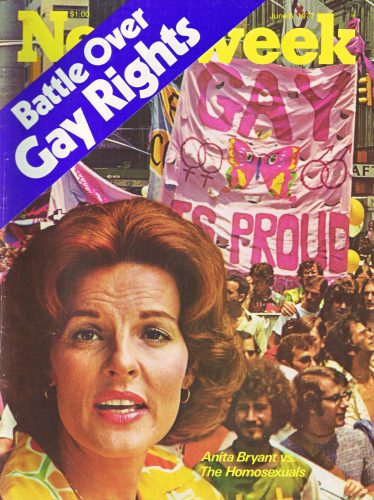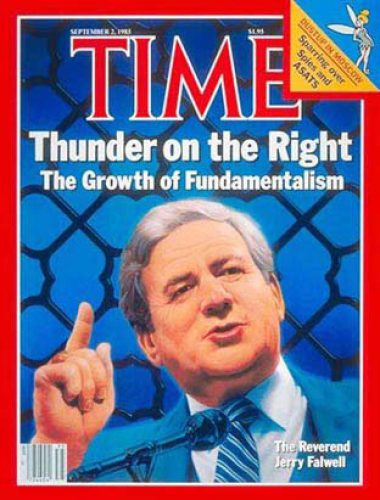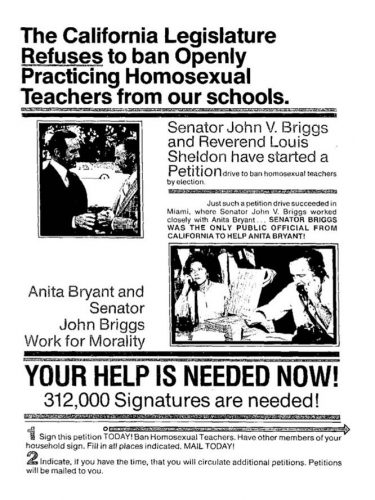Increased visibility angered those who saw LGBT people as undeserving of civil rights.
In 1977, born-again singer Anita Bryant mounted a campaign to repeal a gay rights ordinance in Florida. Her message: homosexuals are a threat to America’s children. The campaign drew widespread national support, and focused media attention on anti-gay discrimination.
Outraged by Bryant’s message and other attacks on gay rights, LGBT activists intensified their efforts. Less than a decade later, the AIDS epidemic and its associated stigma would spur an even wider and more vocal activism.


